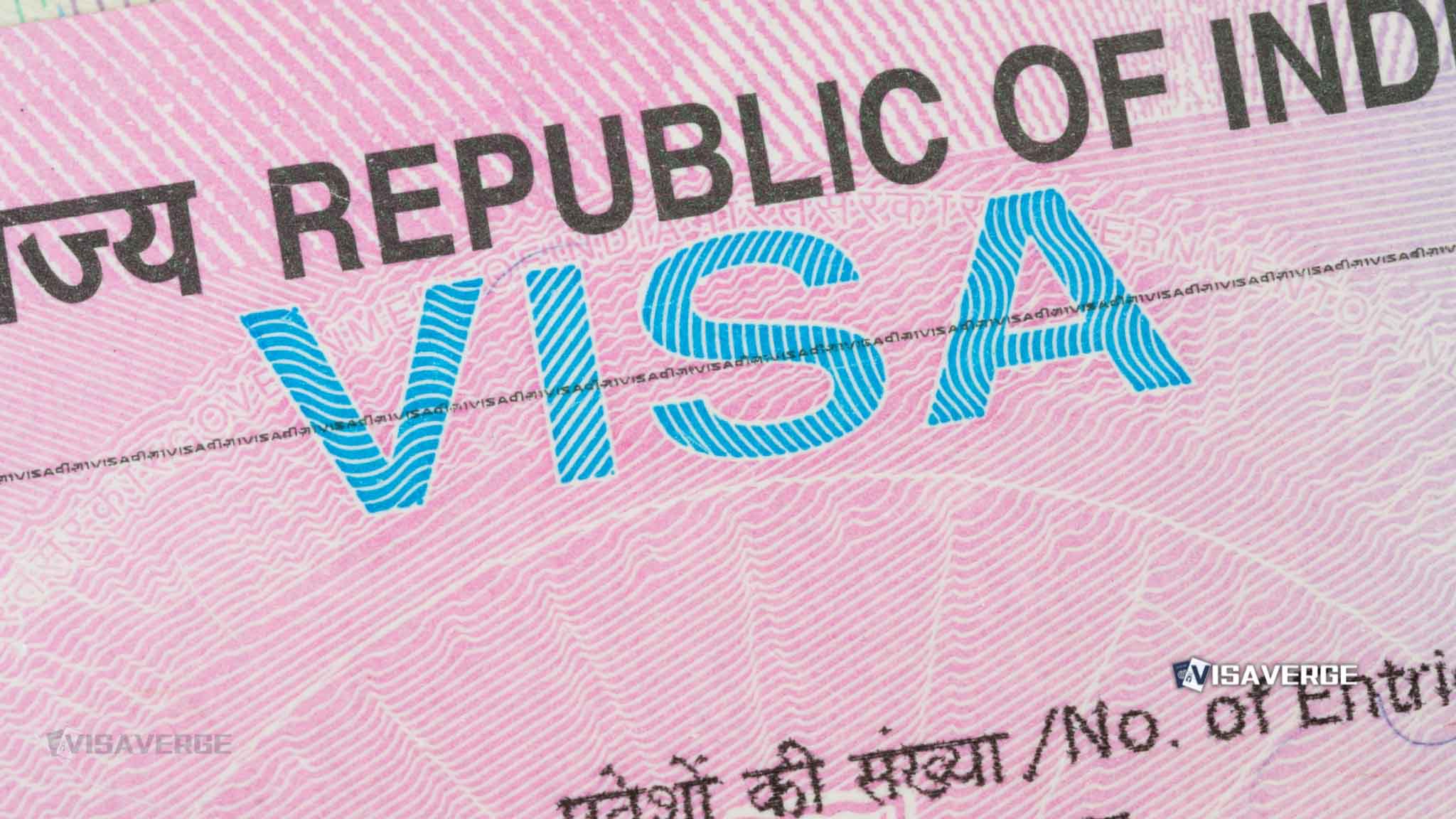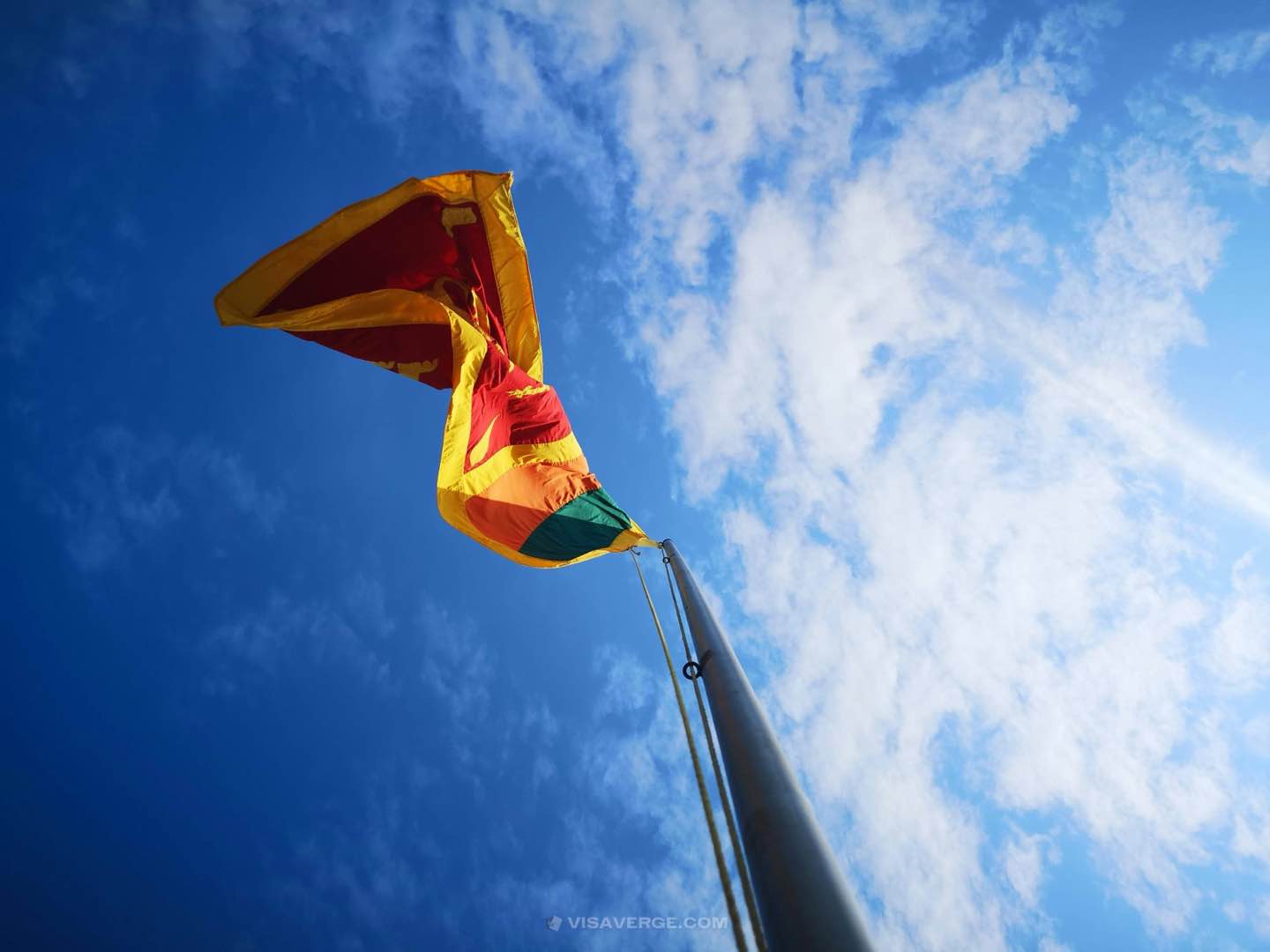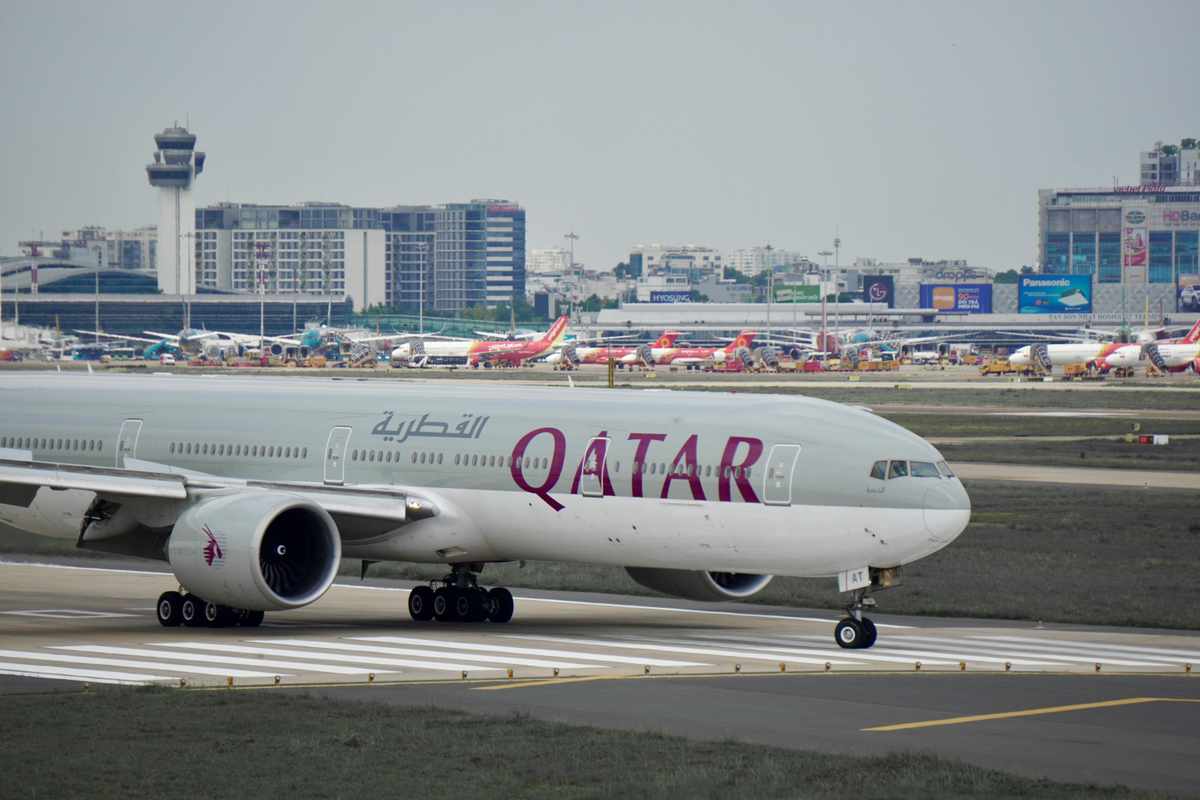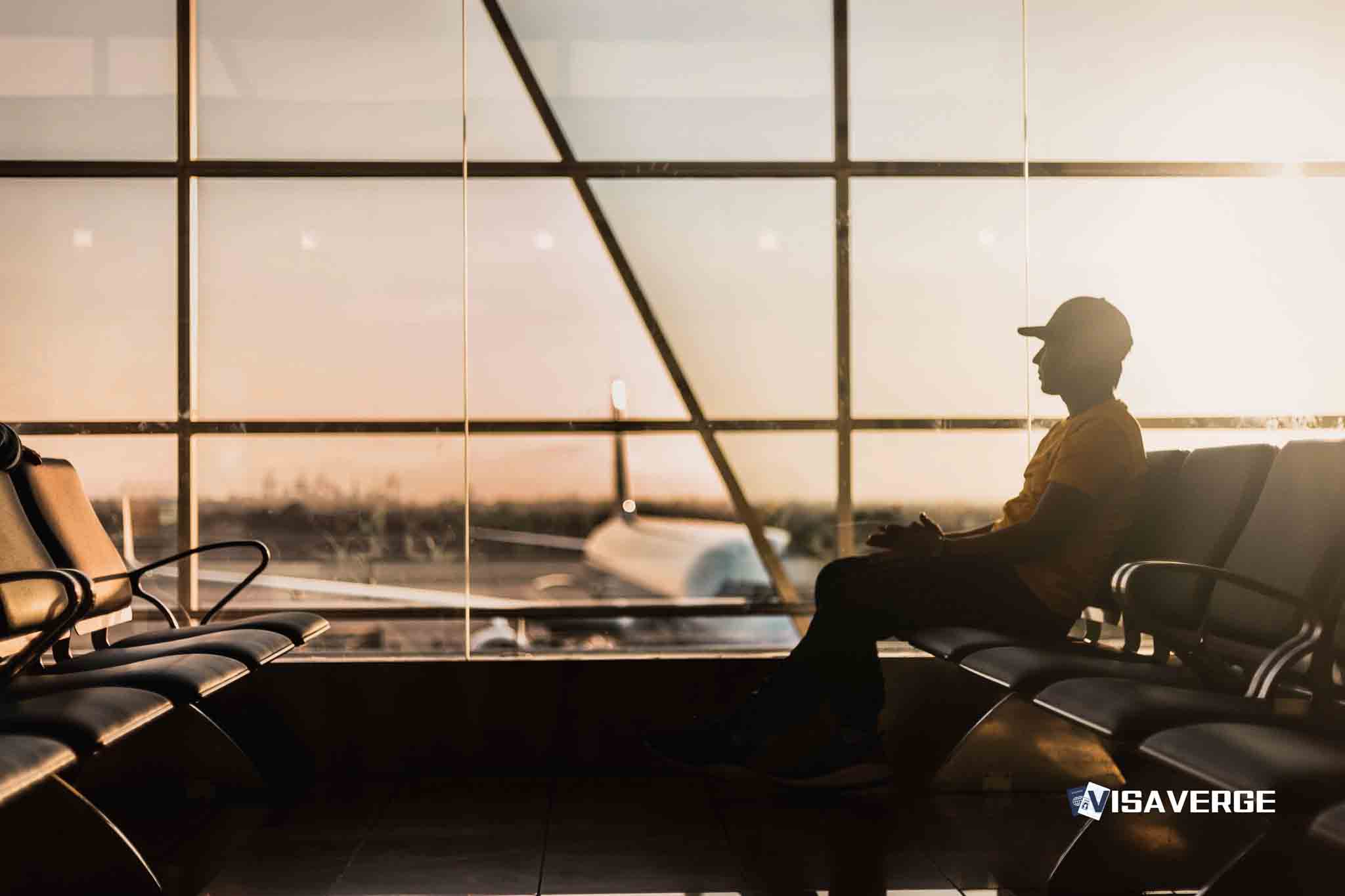Key Takeaways
• US paused new F, M, and J visa interviews globally since May 27, 2025, affecting Indian students.
• Social media screening now applies to all student and exchange visitor visa applicants for security.
• 330,000 Indian students in US face delays; MEA urges merit-based, timely visa processing.
The United States 🇺🇸 has paused new student visa interviews for Indian students and others worldwide, creating a wave of uncertainty for those hoping to start or continue their studies in the US for the 2025–26 academic year. This decision, announced by US Secretary of State Marco Rubio on May 27, 2025, affects thousands of students and their families, as well as US universities that rely on international enrollment. The Indian Ministry of External Affairs (MEA) has responded by urging the US to process Indian student visas based on merit and to ensure students can join their academic programs on time. Here’s what’s happening, why it matters, and what Indian students need to know right now.
What Has Changed for Indian Students Seeking US Visas?
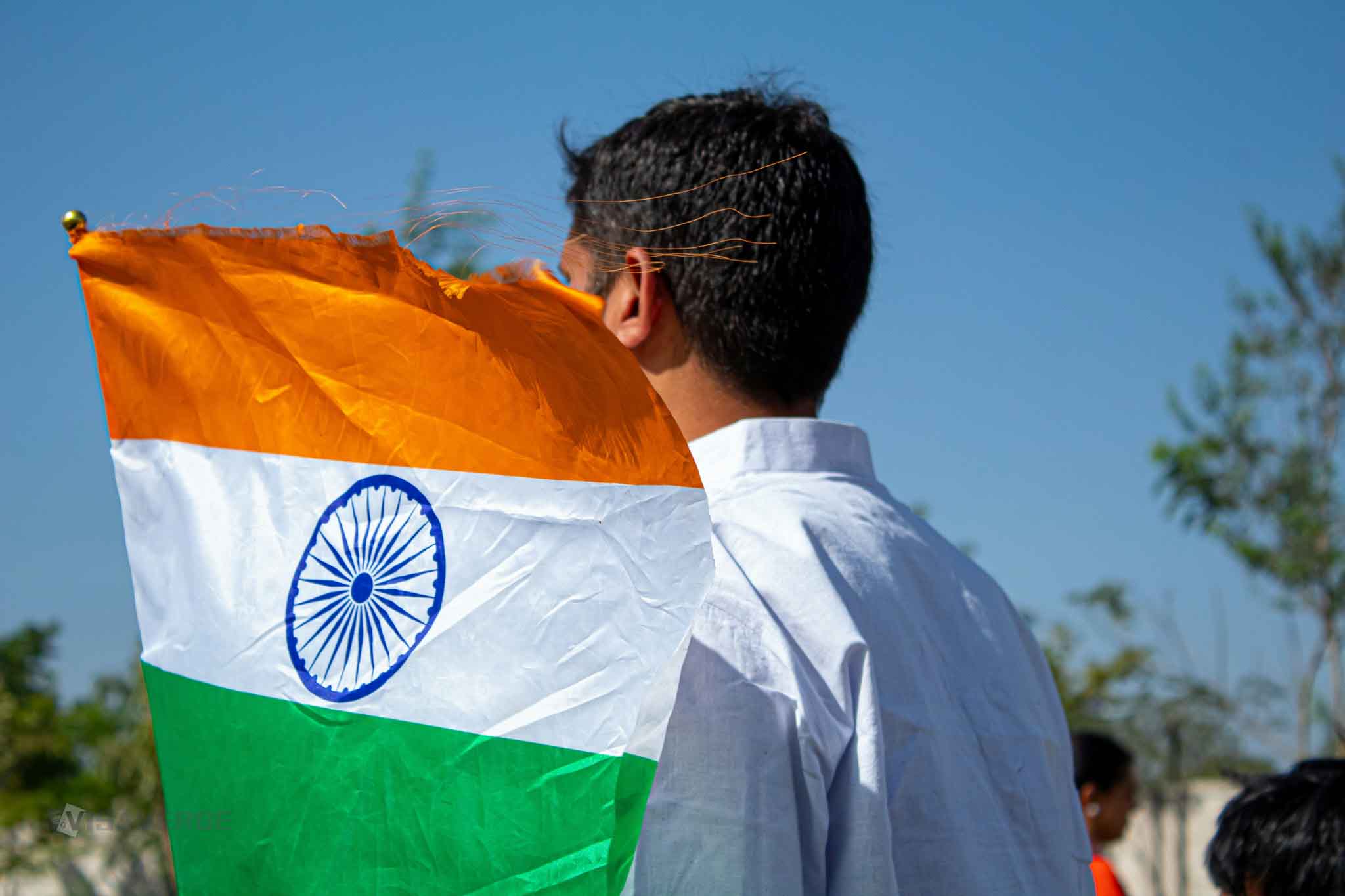
As of late May 2025, US embassies and consulates worldwide have stopped scheduling new appointments for student (F, M) and exchange visitor (J) visas. This pause is temporary but has no set end date. The US government says it needs time to put in place expanded social media screening for all student and exchange visitor visa applicants. This means consular officers will now review applicants’ activity on platforms like Instagram, TikTok, and X (formerly Twitter) to look for national security concerns.
Existing visa interview appointments are still valid and will go ahead as planned. If you already have a scheduled interview, you should prepare to attend as normal. However, if you have not yet booked an appointment, you will not be able to do so until the US lifts the pause.
Why Did the US Pause New Student Visa Interviews?
The Trump administration says the main reason for this pause is to strengthen national security. By expanding social media vetting, the US hopes to better identify any risks among visa applicants. This move is part of a broader trend in US immigration policy, where security concerns have led to tighter screening and more detailed background checks.
Secretary of State Marco Rubio communicated this directive to all US embassies and consulates on May 27, 2025. The order affects not just Indian students, but all international students and exchange visitors hoping to study or participate in programs in the US.
How Many Indian Students Are Affected?
Indian students make up one of the largest groups of international students in the United States 🇺🇸. In the 2023–24 academic year, about 330,000 Indian students traveled to the US for higher education. This number has grown steadily over the years, making India the second-largest source of international students after China.
The economic impact of international students in the US is huge. According to NAFSA, international students contributed $43.8 billion to the US economy in the last academic year. Indian students play a big part in this, supporting not only universities but also local communities through tuition, housing, and living expenses.
What Is the Indian Government’s Position?
The Indian Ministry of External Affairs (MEA) has made it clear that the welfare of Indian students abroad is a top priority. MEA spokesperson Randhir Jaiswal has said that while the US has the right to decide who gets a visa, India expects that applications from Indian students will be considered on merit—meaning based on their qualifications and eligibility, not on other factors.
The MEA has also asked the US to process these applications in a timely manner so that students can join their academic programs as planned. Delays could mean students miss the start of their courses, lose scholarships, or have to defer their studies by a year.
What Does Social Media Vetting Mean for Indian Students?
The new policy means that US consular officers will look at the social media activity of all student and exchange visitor visa applicants. They will check platforms like Instagram, TikTok, and X for any posts or connections that might raise security concerns.
This extra layer of screening could make the visa process longer and more stressful. Students will need to be careful about what they post online, as even innocent comments or jokes could be misunderstood. There is also a risk that more visa applications could be denied if officers find something they consider suspicious.
What Are the Practical Steps for Indian Students Applying for US Visas?
If you are an Indian student planning to study in the US, here is the current step-by-step process as of May 2025:
- University Admission: First, you must secure admission to a US institution and receive Form I-20. This form proves you have been accepted and is required for your visa application. You can find more about Form I-20 on the US Department of Homeland Security website.
-
DS-160 Form: Next, complete the DS-160 visa application form online. This is the main form for all nonimmigrant US visas. The official DS-160 form is available here.
-
SEVIS Fee: Pay the SEVIS I-901 fee. SEVIS stands for Student and Exchange Visitor Information System, and this fee supports the system that tracks students in the US. You can pay the fee and get more information here.
-
Visa Appointment: Schedule a visa interview at a US embassy or consulate. Right now, new appointments are paused. If you already have an appointment, it will go ahead as planned.
-
Prepare Documents: Gather all required documents, including your Form I-20, DS-160 confirmation, SEVIS fee receipt, academic records, proof of finances, and any other supporting materials.
-
Interview: Attend your scheduled interview (if you have one). Be honest and clear in your answers.
-
Social Media Review: Be ready for consular officers to review your social media activity. Make sure your online presence is appropriate and does not raise any concerns.
-
Visa Decision: Wait for the outcome. If approved, you can travel to the US before your program starts.
What Should Students With Existing Appointments Do?
If you already have a visa interview appointment, do not cancel it. Prepare as you normally would, making sure all your documents are in order. Double-check your social media accounts for anything that might be misunderstood. If you have questions, contact the US Embassy in India or check their official website.
What About Students Waiting for New Appointments?
If you have not yet booked a visa interview, you will need to wait until the US lifts the pause. In the meantime:
- Stay in touch with your university in the US. Let them know about the situation and ask if they can offer flexibility with start dates or online classes.
- Prepare all your documents so you are ready to book an appointment as soon as the pause ends.
- Monitor official updates from the US Embassy in India and the Indian MEA.
What Are the Risks of Violating Visa Conditions?
The US Embassy in India has warned students about the serious consequences of violating visa rules. This includes:
- Dropping out of your program
- Skipping classes
- Leaving your program without telling your school
If you break these rules, your visa can be revoked, and you may not be allowed to apply for a US visa in the future. In 2025 alone, 1,080 Indian illegal immigrants have been deported from the US.
A US federal judge has temporarily stopped the government from ending the legal status of international students while lawsuits are ongoing. However, students can still be arrested or deported for other violations.
How Are US Universities Responding?
US universities are worried about the impact of these changes. Many schools, such as Harvard, have large numbers of international students—27% of Harvard’s students are from other countries. Delays in visa processing could mean fewer students on campus, which affects not only diversity but also university finances.
Universities are trying to support students by offering advice, flexibility with start dates, and in some cases, online learning options. However, there is only so much they can do if students cannot get visas in time.
What Are the Main Concerns for Students and Families?
For Indian students and their families, the biggest worries are:
- Delays in starting or continuing studies
- Uncertainty about when new visa appointments will open
- Increased scrutiny of social media and personal backgrounds
- Risk of missing out on scholarships or losing a place at a university
Many families have invested significant time and money in the dream of a US education. The current pause and new vetting procedures add stress and uncertainty to an already challenging process.
What Is the Broader Context Behind These Changes?
The US has a long history of welcoming international students, but visa policies have changed over time. In recent years, there have been periods of both easier and stricter rules, often linked to debates about immigration and security.
The Trump administration has taken a tougher stance on immigration, including student visas. The current pause and expanded vetting are part of this approach. At the same time, the US continues to benefit from the presence of international students, both economically and culturally.
What Legal Challenges Are Underway?
There are ongoing lawsuits in US courts about some of these new policies, especially around social media vetting and the rights of international students. A federal judge has temporarily stopped the government from ending the legal status of students while these cases are decided. The outcome of these cases could affect how long the current pause lasts and what rules will apply in the future.
What Should Indian Students Do Next?
Here are some practical steps for Indian students and their families:
- Check official sources regularly. The US Embassy in India and the Indian MEA provide updates on their websites and social media.
- Keep your documents ready. Make sure your Form I-20, DS-160, SEVIS fee receipt, and other papers are complete and up to date.
- Review your social media accounts. Remove or clarify any posts that could be misunderstood.
- Stay in touch with your university. Ask about options if you are delayed in getting your visa.
- Follow all visa rules strictly. Do not risk your status by breaking any conditions.
Where Can You Find Official Information?
For the latest updates and guidance, use these official resources:
Both governments also offer helplines and advisory services for students facing visa or legal issues.
What Is the Outlook for the Coming Months?
The situation remains uncertain. The US government has not said when new visa appointments will be available again. Further guidance is expected from the US State Department soon. There is also a chance that more changes could be announced, depending on the outcome of ongoing lawsuits and the broader immigration agenda of the Trump administration.
US universities, Indian officials, and student groups are all watching closely and pushing for clear, fair, and timely processing of student visas. As reported by VisaVerge.com, the pause in new visa interviews and the move to expanded social media vetting have created significant challenges for Indian students, but both governments say they are working to protect students’ interests and keep academic opportunities open.
Key Takeaways for Indian Students and Families
- No new student visa interviews are being scheduled right now. Existing appointments are still valid.
- Social media vetting is now part of the process. Be careful about your online presence.
- Stay informed and prepared. Check official sources, keep documents ready, and follow all rules.
- Delays are likely, but the situation may change soon. Watch for updates from the US Embassy and Indian MEA.
Indian students remain a vital part of the US academic community. While the current pause and new screening measures are causing stress and uncertainty, staying informed and prepared will help students make the best of a difficult situation. For more details and updates, always rely on official government sources and your university’s international office.
Learn Today
F Visa → Nonimmigrant visa for academic students enrolled in universities or colleges in the US.
M Visa → Nonimmigrant visa for students attending vocational or nonacademic programs in the US.
J Visa → Exchange visitor visa for cultural and educational exchange programs in the US.
Form I-20 → Certificate of eligibility for student visa issued by US educational institutions to admitted students.
SEVIS → Student and Exchange Visitor Information System, tracking international students and visitors in the US.
This Article in a Nutshell
The US paused new student visa interviews amid expanded social media checks, impacting 330,000 Indians. India urges fair, merit-based visa approvals. Students with existing appointments proceed; new bookings on hold. Universities and families face uncertainty as security concerns reshape US visa policies, threatening academic plans and economic contributions.
— By VisaVerge.com


